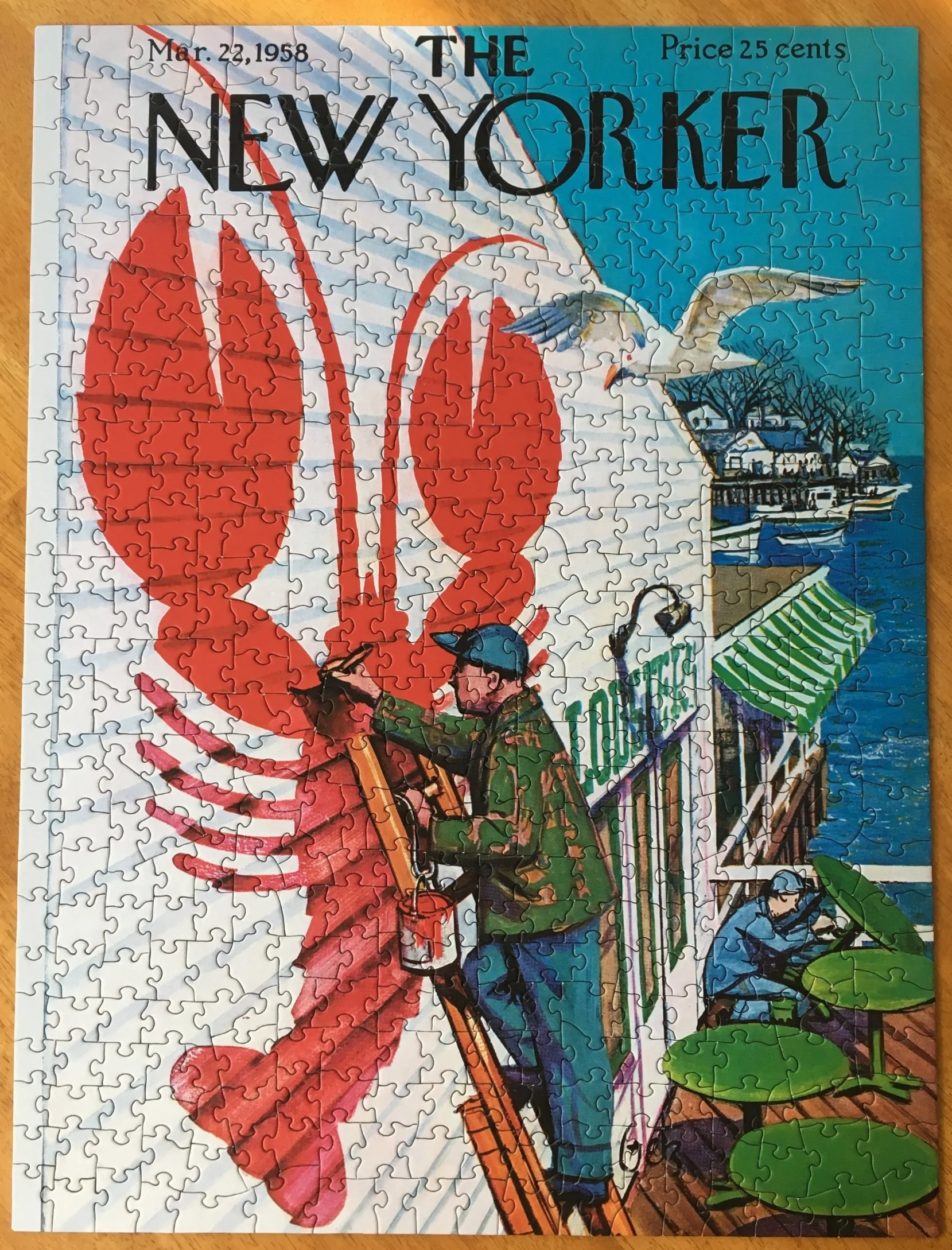GLOW, Netflix’s latest binge watch, is a show about a show about women’s wrestling, based on an actual program of the same name (Gorgeous Ladies of Wrestling) that aired during the 1980s. The meta-narratives continue as the show highlights various voids within the entertainment industry and its representation of women: the lack of strong roles for women, the lack of diversity, the supposition that women within an ensemble are always fighting and competing with one another. To crystallize its point, the show within a show gives a diverse cast of flawed female characters interesting parts to play, and then distills them to their most basic dehumanizing stereotypes for primetime. (In this case, primetime is a 30 minute slot on Saturday morning between a doctor show and a children’s cartoon).
In the world of wrestling, the characters must be larger than life; their actions and motivations, exaggerated. Contrary to serious actress Ruth Wilder’s initial questions and protestations, wrestling does require a certain amount of acting. The world of wrestling is “fake” and simplistic, striking a balance between soap opera tropes and violent feats of physical strength. The fabricated context and circumstances and characters stand in counterpoint to the real world beyond the stage and show. Within the confines of the ropes, reality is heightened and performed, but ultimately uncomplicated. Each match features a heel and a face. The heel is the villain; the face is the hero. There is the occasional tag-team match to switch it up. But the storylines and victors are always predetermined by the team behind the scenes. The audience understands exactly when to jeer and when to cheer. There is no moral ambiguity. The matches, which are highly choreographed and carefully executed, rely on trust, vulnerability, and intimacy between the wrestlers, whose main motivation is to protect each other while providing entertainment. The maneuvers, narrative and boundaries - merely designed to look chaotic and unpredictable - are as clear and well-defined as the arena itself.
But, of course, those feelings of goodwill and collaboration do not translate to outside the ring where life and all its messiness get in the way. In the real world, Ruth is presented as the heel to Debbie Egan’s face after she learns in the pilot that Ruth slept with her husband, delivering an emotional “cunt punch” to the overwhelmed and isolated Debbie. And while this initial matchup is not entirely wrong, it fails to tell the whole story. Debbie is not just the jilted trophy wife and new mother. Ruth is more than the guilty, shameful homewrecker. Neither woman views herself as just one thing, despite years of men and casting directors giving that note regarding their performances, where the expectation is that women play different, but still narrow and limited, roles in different spaces. The same is true of the diverse cast of supporting characters, who are fleshed out to a lesser degree than the leads, and, of course, sidled with even more offensive wrestling personas. Debbie’s husband, Mark, has cast her in the role of wife and mother. Her ringside persona as patriotic ass kicker Liberty Belle is “silly.” To Sam, she is the star, a tall blonde with big boobs and a brain, who effectively killed her soap opera career by asking too many questions. And, in Ruth, people see desperation and blind ambition or the likable girl next door or, as of late, a vision of hideousness. During casting, Sam cannot decide if he wants to fuck her or not, as if his libidinal desire determines her value. After learning of Debbie and Ruth’s backstory, he sets the stage for the show’s central conflict, questioning: “What kind of person would ruin the life of a gorgeous, successful pregnant woman?” Of course, Ruth is typecast in that role. She resists at first, unwilling to accept her part in all this, having not yet learned that “the devil gets all the best lines.”
For the a show firmly set in the past, the platonic love story is progressively of this moment and one worth rooting for. The emotional headliner is the friendship (turned bitter rivalry) between Debbie and Ruth. The betrayal Debbie feels over the loss of her best friend eclipses that of her neglected and neglectful husband. Being seen and accepted, flaws and all, while by no means a requisite of or exclusive to female friendships, is a powerful and sacred bond. Sometimes with such power, irreparable harm is done. And sometimes the greatest heartbreak of all is losing a Pasadena-based sounding board with an extra set of keys to your place or an aerobics accomplice with an extra layer of clothing on loan to cover your leaking breasts.
The final scene of the pilot illustrates what happens when real life conflict enters the ring as the lonely postpartum former soap star aggressively confronts the lonely down on her luck homewrecker. The fight is messy and raw, but the audience of supporting cast members are engaged, drawn into the drama and bloodsport, uninterested in whether the fight is the real deal or cunningly staged by Ruth. And director Sam Sylvia, watching from the perch of his office above, imagines what this show could be in full 80s hair, makeup and costumes. This is the story. These are his stars. Their shared pain and rage and humiliation distilled to its most basic form: good versus evil. In the season that follows, Ruth and Debbie embrace these roles and reluctantly begin to work together inside the ring - choreographing and executing a difficult routine for the pilot episode - but, at least for now, that is where the line is drawn. Their friendship is still on the ropes.


